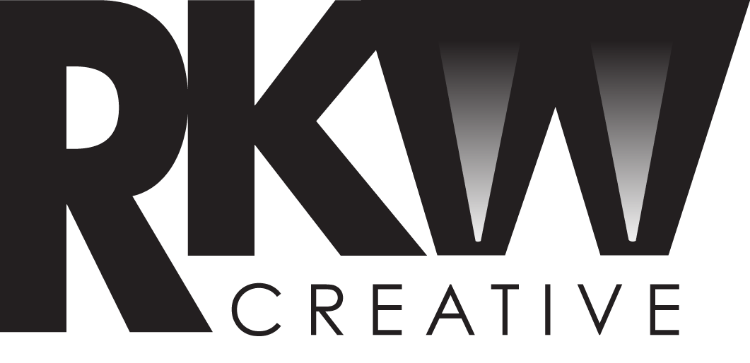I’ve seen it happen many times. The Communications Director gets a call from a C-Suite exec, Marketing Director, or VP of Human Resources to create a video.
The deadline is tight. The strategic direction is vague. Panic ensues.
If there is an in-house video department, the key person from that department is summoned for a meeting. If the organization does not have in-house video capability, a local production company or freelancer is called in to work on it.
There’s only one problem. There’s no concept for the video, no outline, and no script.
Whether it’s a video testimonial, "talking-head" interview with an executive, or introducing a new HR initiative -- the most successful video projects have one thing in common. They start with a script.
Why? Because video is a temporal creative art, not static. Like music, it has an arc. And, while it ebbs and flows as it moves along, a script provides the through-line that keeps the audience tied to the overall objective. Think of it as a spine.
You can even use a script when the video is interview-based and a conversational tone is critical. While you never want to write out answers for interview subjects, you will absolutely want to shape your questions to guide subjects to hit your main points.
Think a script is creatively limiting? Not true.
Having a script:
Provides you with important creative parameters to keep you on message
Reveals where your video needs to be "broken out" visually to sustain interest
Ensures that you have a story arc -- a clear beginning, middle, and end
Informs the production team what footage needs to be captured
Gives you a concrete way to present to clients before you start shooting
Allows the production team to plan for the shoot and maximize your dollars
So next time you get that panic call, take a deep breath...and don’t skip the script.

